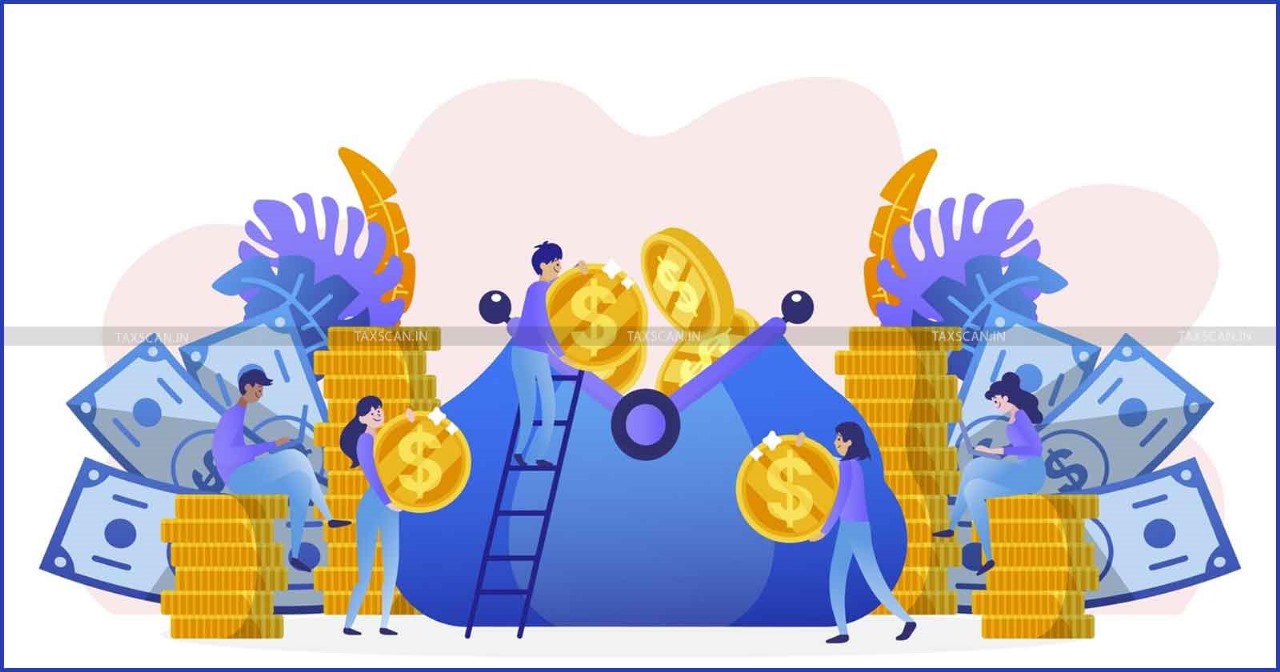India’s Super-Rich Pay Less than 1% of their Wealth in Taxes, Study Reveals
A new study reveals, using election, tax, and Forbes data, that India’s richest report surprisingly low incomes compared to their vast wealth, paying minimal taxes

A new study shows that the richest people in India pay very little income tax compared to much wealth they own. The study was done by Ram Singh, a professor at the Delhi School of Economics and a member of the RBI’s Monetary Policy Committee, which helps set interest rates in India.
According to the ET report, Singh's research looked at data from election affidavits filed by Lok Sabha candidates, the Forbes list of richest Indians, and income tax records. It found a big gap between the actual wealth and the income reported by the wealthiest Indians.
Very Low Taxes Compared to Wealth
The study found that the top 0.1% of India’s richest people pay tax, which is only about 0.7% of their total wealth. For the top 1%, the tax paid is just around 1%. People on the Forbes rich list pay even less, only 0.4% of their wealth as income tax.
Even though wealthy people earn a lot from things like stocks, rent, and businesses, this income often doesn’t show up in their tax returns. This means that a big chunk of their capital income (money made from investments and assets) is not taxed at all.
Worried About SME IPO Pitfalls? Gain Clarity with This Advanced Course! Register Now
Read More: Earning in USD or INR: What’s Really Worth More? CA Explains
As People Get Richer, They Report Less Income
The study found that the richer a person is, the smaller the portion of their income they report. For example:
- The bottom 10% of people report income almost twice their total wealth.
- But the top 1% report income that is just 3-4% of their wealth.
- The top 0.1% report less than 2% of their wealth as income.
While poor and middle-class people report most of their income (and pay tax on it), the ultra-rich report very little income compared to what they actually own.
Politicians Are Much Wealthier Than Common Citizens
The study also shows that politicians are much wealthier than the average Indian. In 2019, the average Lok Sabha MP’s family wealth was nearly $1 million, while the average Indian household had only about $27,000 in wealth. That’s a difference of 1 to 37.
When compared globally:
- The top 10 richest Indian MPs had $0.3 billion in 2019.
- The top 10 U.S. Representatives had $1.2 billion in 2018.
- In China, the top 10 members of its Parliament had a shocking $132.3 billion.
Read More: FIR Against OYO on Alleged GST Fraud Over Fake Bookings
Worried About SME IPO Pitfalls? Gain Clarity with This Advanced Course! Register Now
Tax Inequality
According to the study, the Indian tax system is not fair when it comes to taxing the wealthy. The richest people pay a smaller share of their income and wealth in taxes than middle-class or lower-income groups.
The study also found that many people misreport some of their income. For example, income from agriculture or property is often underreported, especially by middle and upper wealth groups. People sometimes report rental income as agricultural income, which is not taxed, to avoid paying taxes.
Could Low Taxes on the Rich Help the Economy?
Surprisingly, the study says there might be one benefit to all this: when the wealthy pay less tax, they have more money to invest in businesses and create jobs. This could help the economy grow faster, though it comes at the cost of fairness in taxation.
What Needs to Change
The study concludes that India needs:
- Stronger tax enforcement
- Fewer loopholes and exemptions
- Better tracking of wealth and income
This would make the tax system fairer and ensure that the ultra-rich contribute their fair share, helping fund public services and reducing inequality.
Support our journalism by subscribing to Taxscan premium. Follow us on Telegram for quick updates


